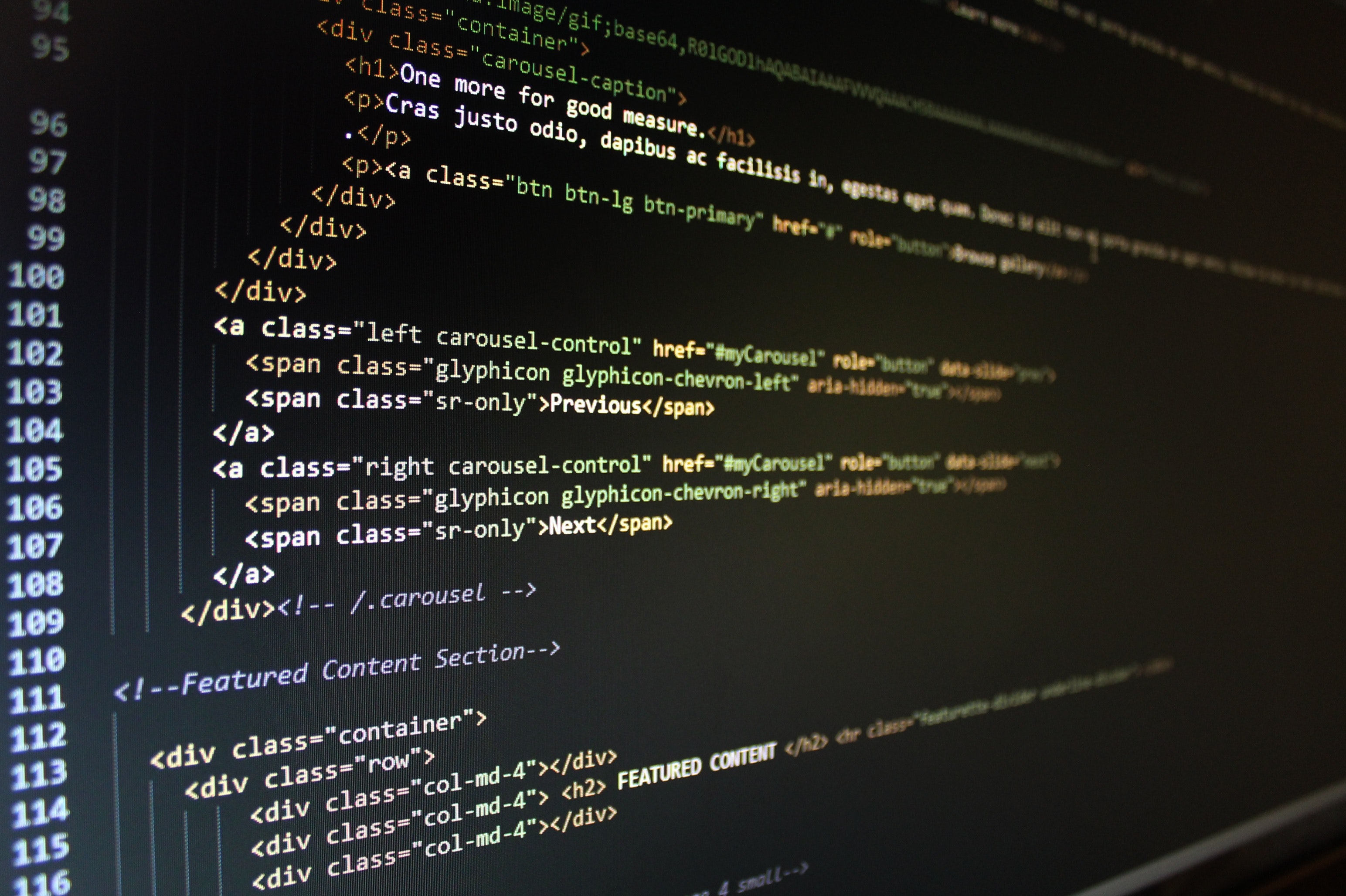Artificial intelligence (AI) has been making significant strides in various industries, including healthcare. With its capability to analyze a vast amount of data and make accurate predictions, AI brings forth a new era in medicine. This technology can help medical professionals make better, more informed decisions, ultimately improving patient outcomes. In this article, we'll explore the possible ways AI can revolutionize medicine and what it would mean for the pharmaceutical industry.
1. Early Diagnosis:
One of the most significant benefits of AI in healthcare is its ability to help diagnose patients early. AI can analyze medical histories, lab tests, and other information to make accurate predictions about a patient's health risks. With this technology, healthcare professionals can diagnose illnesses even before symptoms show up, allowing them to start treatment immediately. This results in better outcomes, a higher quality of life for patients, and a more efficient healthcare system.
2. Personalized Treatment Plans:
AI can also help in the development of personalized treatment plans for patients. This technology can analyze a patient's medical records, including their genetic information and lifestyle factors, to create customized treatment plans. Personalized treatment plans can help improve compliance, reduce side effects, and increase the chances of successful treatment. It also paves the way for precision medicine, where treatments are tailored to individual patients based on their unique characteristics.
3. Better Drug Discovery:
AI can aid in the discovery of new drugs and the refinement of existing ones. By analyzing massive amounts of data, AI can identify patterns, formulate new hypotheses, and discover potential drug targets. This technology can also help predict a drug's efficacy and potential side effects, streamlining the drug discovery process and saving pharmaceutical companies significant costs.
4. AI-Powered Patient Monitoring:
AI can also be used to monitor patients without requiring constant supervision. Wearables can be used to monitor patients' vital signs and track changes in real-time, alerting healthcare providers of any significant abnormalities. AI can also monitor patients' medication adherence and inform healthcare providers if there's any deviation from their treatment plan. This will help in early interventions, reducing hospital re-admissions and improving patient outcomes.
5. Increased Efficiency:
Finally, AI can help increase healthcare's efficiency, saving time and resources in the process. By automating tasks such as record-keeping, data analysis, and appointment scheduling, healthcare professionals can focus more on patient care. AI-powered chatbots can also answer patients' queries and provide them with accurate medical advice, reducing the need for costly hospital visits.
AI's application in healthcare is still in its early stages, but the potential for revolutionizing healthcare is enormous. Pharmaceutical companies should embrace this technology to improve their R&D and lower costs. By leveraging AI's capabilities in diagnosing patients early, developing personalized treatment plans, refining existing drugs, and automating mundane tasks, healthcare professionals can spend more time on patient care and improving outcomes. AI-powered healthcare is no longer a distant dream but a present reality that will reshape the future of medicine and the pharmaceutical industry.






